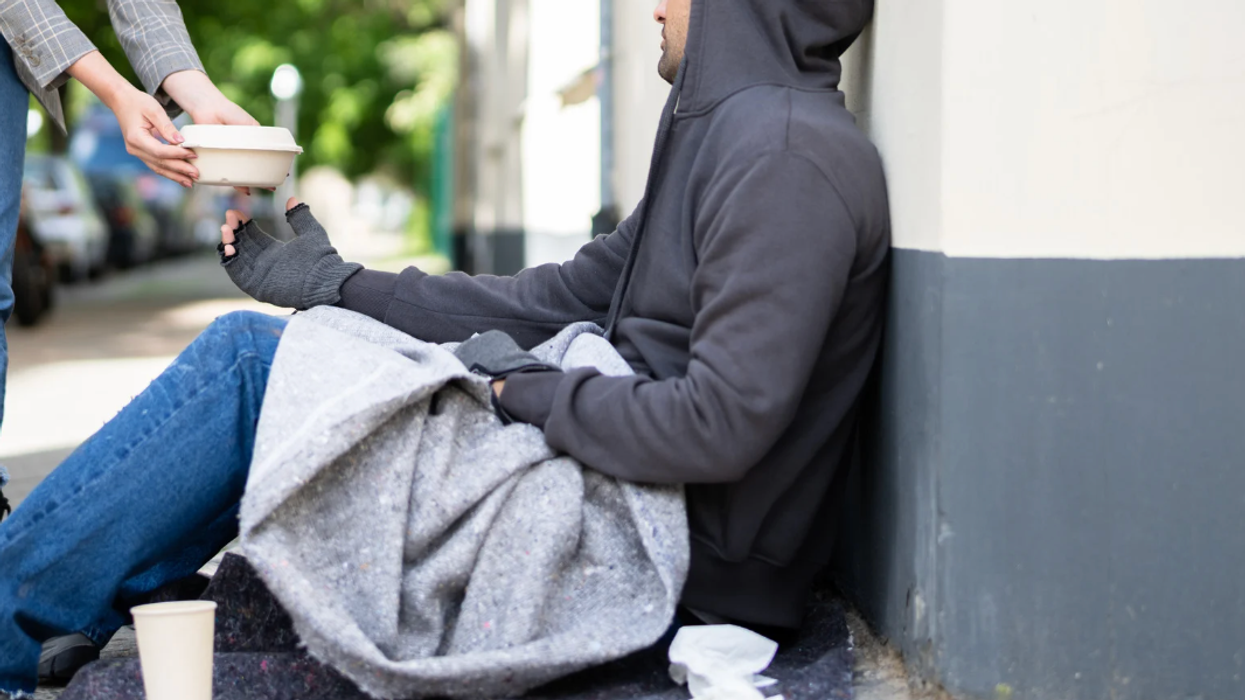I woke up today to the news that there was an attack in Brussels. By the time I had brushed my teeth, ISIS had taken credit for the tragedy. As I drank my coffee, the hashtag #StopIslam was trending on Twitter. On my way to work, Ted Cruz, one of the leading Republican candidates for president, released a statement on the subject.
“We will do what we can to help them fight this scourge, and redouble our efforts to make sure it does not happen here,” he said. “We need to immediately halt the flow of refugees from countries with a significant al-Qaeda or ISIS presence. We need to empower law enforcement to patrol and secure Muslim neighborhoods before they become radicalized.”
It is eerie to listen to his press conference, as he declares a war against “radical Islamic terrorism.” Not because it is shocking, but because his words seem too familiar, too commonplace, in a political and social climate that is becoming increasingly hostile to Muslims. And to many people in this country, Cruz’s pronouncement may even be considered a lukewarm response. After all, Cruz’s chief opponent often uses genocidal rhetoric when he is talking about Muslims.
Cruz’s plan is a poorly thought-out one, however, because it assumes the existence of “Muslim neighborhoods.” Muslims, however, have not sequestered themselves in America. We are a diffuse population. You can find us in every major city in the country. If Cruz wants to patrol “Muslim neighborhoods,” he’ll need every state police force in the nation to dedicate their resources to that kind of effort. And they’ll need to patrol the halal shops, and the kabob carts, and the mosques, and the Islamic schools. They’ll need to patrol every hospital, and every school, and every bureaucratic office in the country. Because we are here, and we have been here for a very long time.
And anyway, this plan, like Donald Trump’s scheme to create a “database” of Muslims, is ludicrous because it takes for granted the fact that these programs don’t already exist. Muslim communities in this country are already being monitored and surveilled by FBI initiatives like the Countering Violent Extremism (CVE) program. My own mosque regularly cooperated with the FBI. Representatives from law enforcement frequently visited to give us seminars on detecting extremist activity in our communities. At the same time, the mosque leaders staged “Know Your Rights” workshops about what to do if we experienced unfair treatment or scrutiny from FBI agents or other law enforcement officials. A mosque that frequently cooperated with security agencies discovered that the FBI had planted an informant amongst its congregation. This is how I grew up: at odds with America and yet of it.
I have lived through many iterations of anti-Muslim discourse. Every attack, every tragedy, brings a new wave. I don’t know what it’s like to live in an America that doesn’t hate Muslims. This is the America that I know: an America that fears me as much as I fear it. When I walk into a business with my headscarf on, I wonder which one of the people staring at me is also the person commenting on Reddit forums that Muslims need to be exterminated, or put in concentration camps, or deported. Which person is tweeting racist expletives at me with an anonymous user name? Which one vandalized my mosque with graffiti? Which person is a provocation away from manifesting their fears in violence?
The rise of ISIS and the rise of Donald Trump have invigorated a fresh tide of anti-Muslim hatred. I noticed it the first time, about a year ago, walking to the bookstore in my neighborhood. A man driving past me pulled down his window to yell, “Terrorist!” It took me a while to register what had happened, because it hadn’t happened in so long. “Still got it,” I thought, with some humor.
In the months since this incident, the country has seen an escalation of anti-Muslim sentiment. This has, in part, been fueled by a number of ISIS-inflicted tragedies: the Paris bombings, the Charlie Hebdo shootings, the San Bernardino shooting. And then there are the lesser-known attacks: the Ankara bombing that took 37 lives; the Tunis bus attack that took 12; the Bamako hostage crisis that killed 27.
Muslims are ISIS’s most frequent victims, in more ways than one. These tragedies destroy the notion that ISIS or “Islam” is at war with the Western world, despite what Ted Cruz or Donald Trump would have you believe. These attacks, in fact, suggest that ISIS is struggling for support in places where Muslims are the majority. There is no monolithic “Islam” to defeat; there are no “neighborhoods” of Muslims to quash in the United States. Muslims don’t behave as a collective. This narrative, however, is not one that fear-mongering politicians and demagogues want you to be familiar with, because then the enemy becomes a lot more difficult to apprehend.
It is jarring to see pictures from Brussels, to see rubble and ash coat the city in a somber gray. Events like these remind us of our fragile humanity. And it’s fearful, certainly, to see how quickly human life is snuffed out by the whims of evil men. But it is what we do with that fear that determines our moral character.
















 Otis knew before they did.
Otis knew before they did.